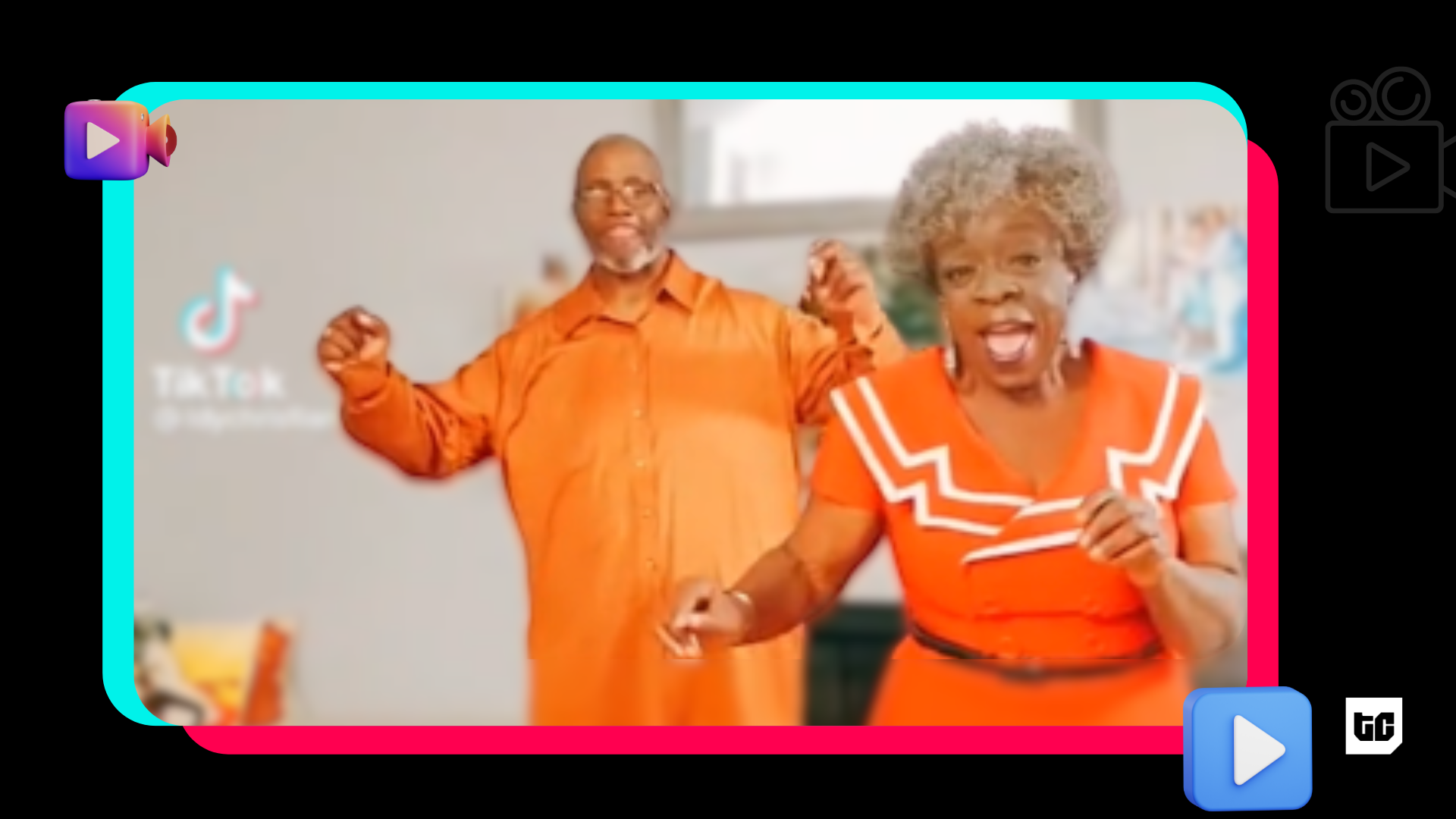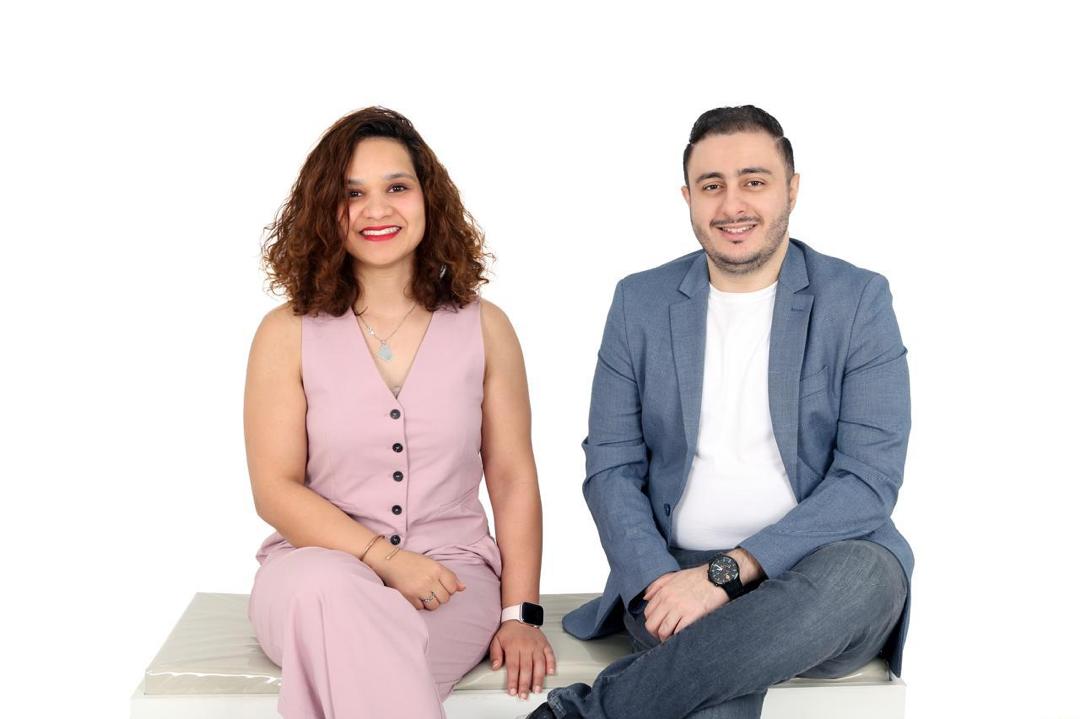As video social media apps such as TikTok become more popular, older adults are challenging the notion that these platforms are reserved for younger people. They are using the platforms to learn, find community and foster connections.
Like most parents, Hajia Jarumai, a restaurant owner in Abuja, frowns at how much time her daughter spends on social media apps. She is especially worried that her daughter, Sarah, spends all day watching TikTok videos. But all that is changing now that Hajia is on TikTok, joining a small group of Gen X and baby boomers on the video-sharing platform. The numbers say that 14% of TikTok users are between the ages of 40 and 49, and only 7% are over the age of 50. Today, Hajia, like her daughter now spends time watching and swiping videos on TikTok—but it wasn’t love at first swipe.
Hajia told TechCabal, “I first joined in March 2022, but I hardly went on there because I didn’t like the kind of videos they were showing me.” At the time, the app often showed her dancing videos but soon, the algorithm learned that she preferred cooking videos and comedy skits. Hajia estimates that she spends about four hours a day on TikTok. “Before TikTok, I used to watch cooking videos on YouTube to improve my business. But I prefer TikTok because the videos are shorter and more interesting.” Hajia also shares some of the videos she finds useful to her staff as a way to encourage them to join the app and learn new recipes.”
Bimbo, a fifty-three-year-old woman who lives in Kaduna admits she’s addicted to TikTok. “You think you’re only going to watch one video and next thing you know, it has been over four hours. I once watched the entire season of a show on TikTok!” But it’s not only about fun for Bimbo. In TikTok, she has found a community that helped her through a difficult period. “When I was going through a hard time in my marriage and the death of my baby, TikTok really helped me. I found videos of mature people like me—even older—sharing their experiences and also sharing advice for people going through similar situations.”
Despite spending a lot of time on the app, Bimbo hasn’t created any videos. “I don’t have the skill or the confidence to do that. Recording videos for these apps look like they take a lot of time and effort, and I’m not sure that I can do that,” she said.
Unlike Bimbo, Aanu, a 50-year-old certified menopause well-being practitioner and content creator has about 360 videos on TikTok and 16,400 followers. She says that content creation can be challenging and time-consuming, especially for older people who are not as tech-savvy as the younger generation. “We weren’t born in the computer age and so navigating these devices and platforms takes a lot of effort and practice.”
Aanu began creating content on TikTok and other platforms in 2022. Having taken the jump to create content, she’s passionate about reaching more people and growing her community. “I started out creating content on perimenopause for younger women, but I received an overwhelming amount of feedback from older women sharing their stories. Now, I also create content for older women going through menopause and content to help older women in their 50s stay fit and healthy.”
Research suggests that adults in their 40s and 50s can benefit from interactions on social media apps. According to this report, adults experience a peak in loneliness as they approach their late-40s to mid-50s and psychiatrist Philip Jestes says this loneliness is sometimes caused by a decline in social interactions.
Cole, a 63-year-old professor in Freetown, Sierra Leone, is no stranger to loneliness. He has three children, all of whom are in universities abroad. Two of his three children are content creators. Since retirement, Cole takes care of his guinea pigs and visits friends occasionally.
TikTok and Instagram help him stave off boredom and lets him stay in touch with family. “I watch a lot of videos of people travelling to new places and doing new things. My family and friends are all on TikTok and Instagram as well, and I go there to catch up with them and see what fun things they’re up to. They’re not here with me so these forums show me what they’re up to and I do not get to feel left out of their lives. I enjoy seeing the interesting videos about what they’re eating, where they’re going, what they’re doing.”
But it’s impossible to talk about TikTok without highlighting the many privacy concerns that policy analysts have with the app. Robert Potter, the CEO of Internet 2.0, claims TikTok has significantly more permission than it needs when the app is launched on a device. This makes the app a good place for scam artists who target vulnerable older people.
Cole’s daughter Kayla, who’s also a content creator, isn’t worried about her father being on TikTok. She teaches him about staying safe online and emphasises the need to not share his location or other personal details. If anything, having her dad follow her on TikTok makes her “hyper-aware” of the kind of content she posts and shares.
Ultimately, while TikTok has been linked to mental health problems like anxiety and depression in younger adults, an analysis claims that older people don’t have the need for validation younger people experience on the app, making it easier for the platform to provide for them a stronger sense of community and self-discovery.




















